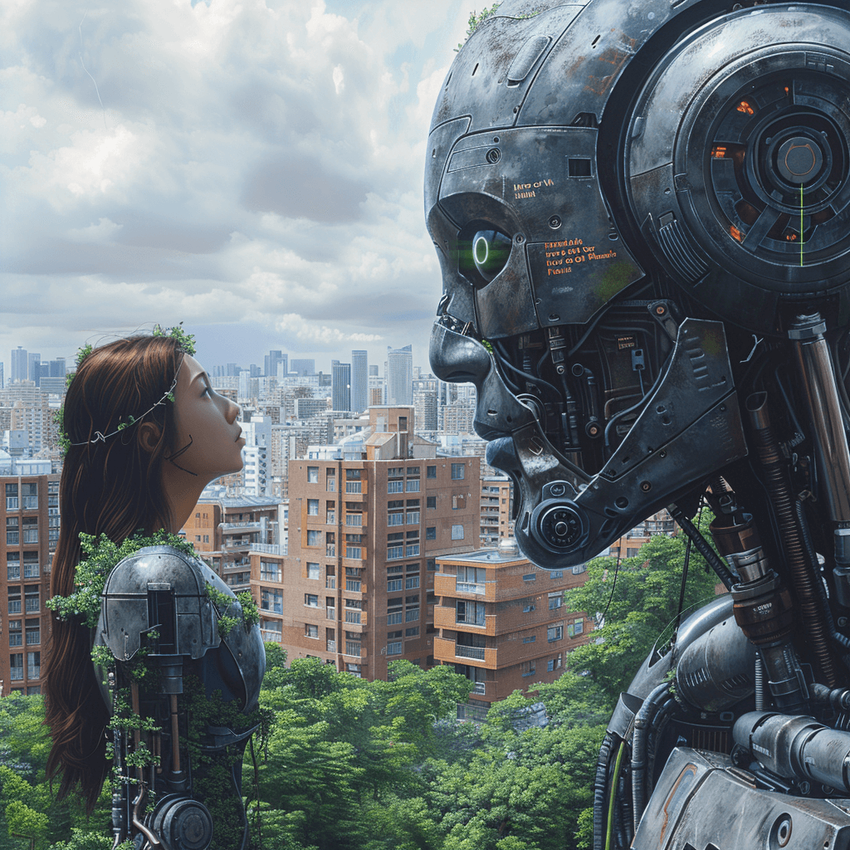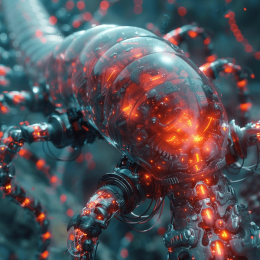AI: Hero or Villain of Our Planet’s Future?

By Susan Lee

Is AI going to save or destroy us?
Artificial Intelligence (AI) could be the solution we’ve been looking for in creating a better, greener, and fairer world. Or, it could be the end of us all (cue dramatic music).
Despite the controversy around AI, it has the ability to help us solve some of the biggest challenges our planet faces, from climate change to energy use, and even how we grow our food.
For example, AI is being used in agriculture to predict the best planting times for crops, significantly increasing yields while reducing water use. In the energy sector, AI optimizes the flow of renewable energy, ensuring that wind and solar power can be integrated into the grid efficiently.
This isn't just a glimpse into the future— it's happening right now.
A study from PwC, backed by Microsoft, brings some exciting news. It suggests that AI could boost the global economy by a whopping $5.2 trillion by 2030 and cut down harmful greenhouse gas emissions by 4%. That's like hitting two birds with one stone – more money and cleaner air.
But, let's hit pause for a moment. Every superhero has a weakness, and for AI, it's the environmental cost of its powers. For instance, training a single AI model can emit as much carbon as five cars in their lifetimes.
Because of the uncertainty of AI’s impact on the environment, lawmakers are rushing to draft proposals for in-depth studies on AI's environmental footprint.
Then there's the big question of fairness. As AI technologies advance, there's a real danger that the benefits of these innovations could be used and abused by the already privileged, widening the gap between the haves and have-nots.
This could mean unfair access to important things like resources, jobs, and even the right to a clean and safe place to live.
Why does diversity, equity, and inclusivity matter?
The same reason they matter in voting.
If we ignore the marginalized communities, we risk creating a future where AI deepens societal divides rather than bridging them. After all, it's often the less privileged communities that are hit hardest by climate change. By including all voices, we can create fair and effective solutions for everyone.
While AI has the potential to be a powerful ally in our journey for a sustainable and equitable future, unchecked, it also has the capacity to amplify our problems.
Our collective goal should be to use AI's power in a way that's good for both our planet and everyone living on it. It's all about finding the sweet spot between being innovative and being responsible.
We want to make progress without leaving anyone behind.
It's a call to action for all of us to engage in this dialogue, contributing to a future where AI acts as a force for positive change.
